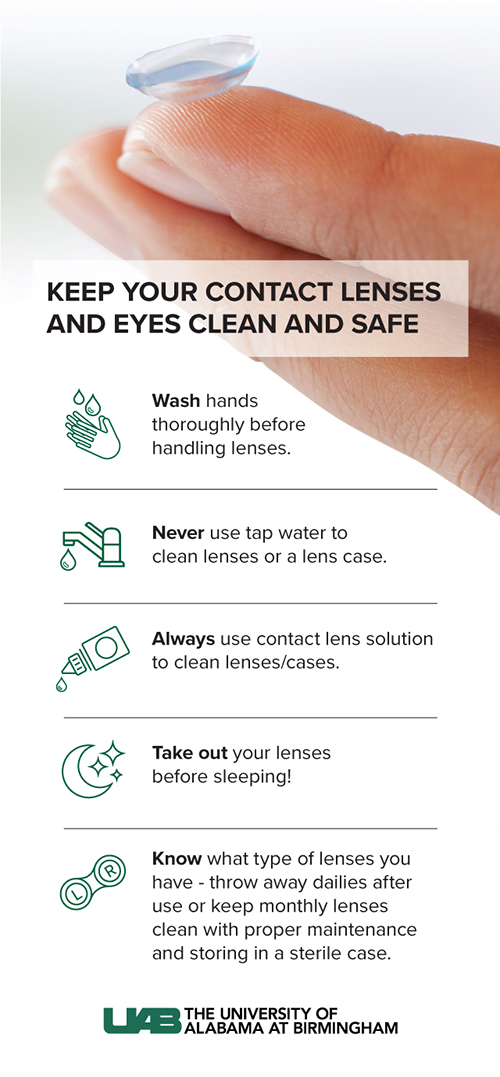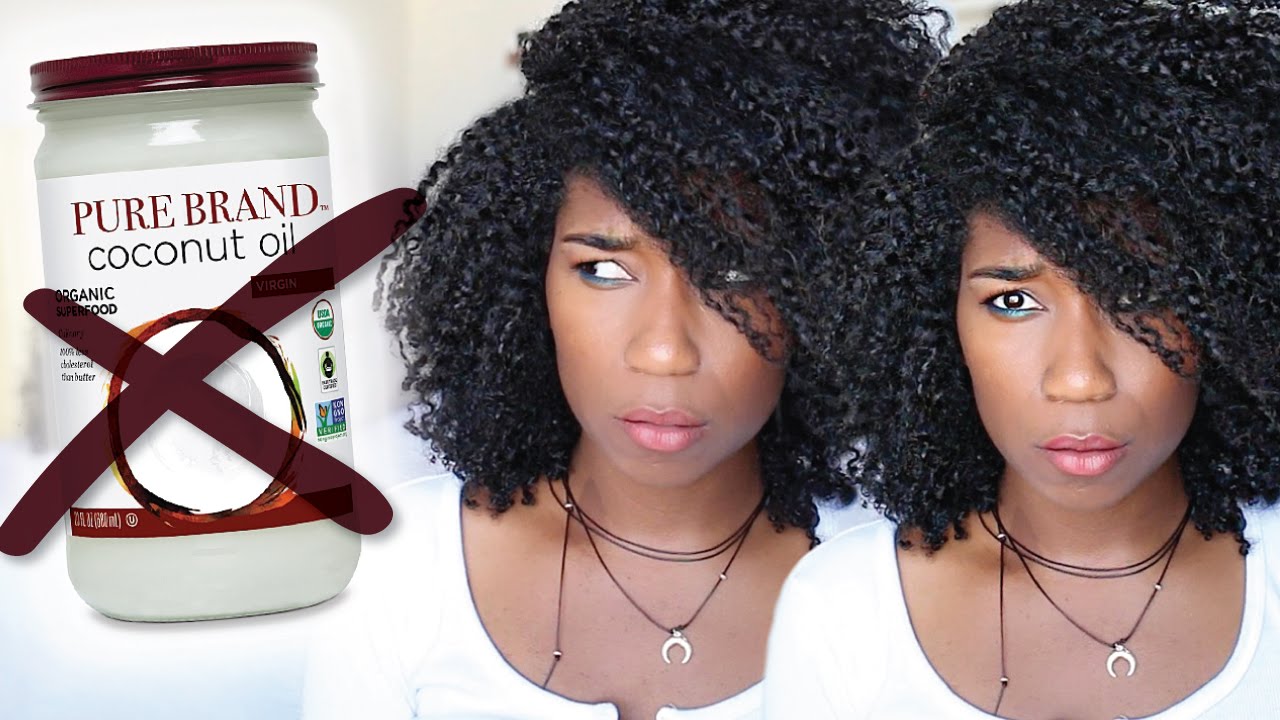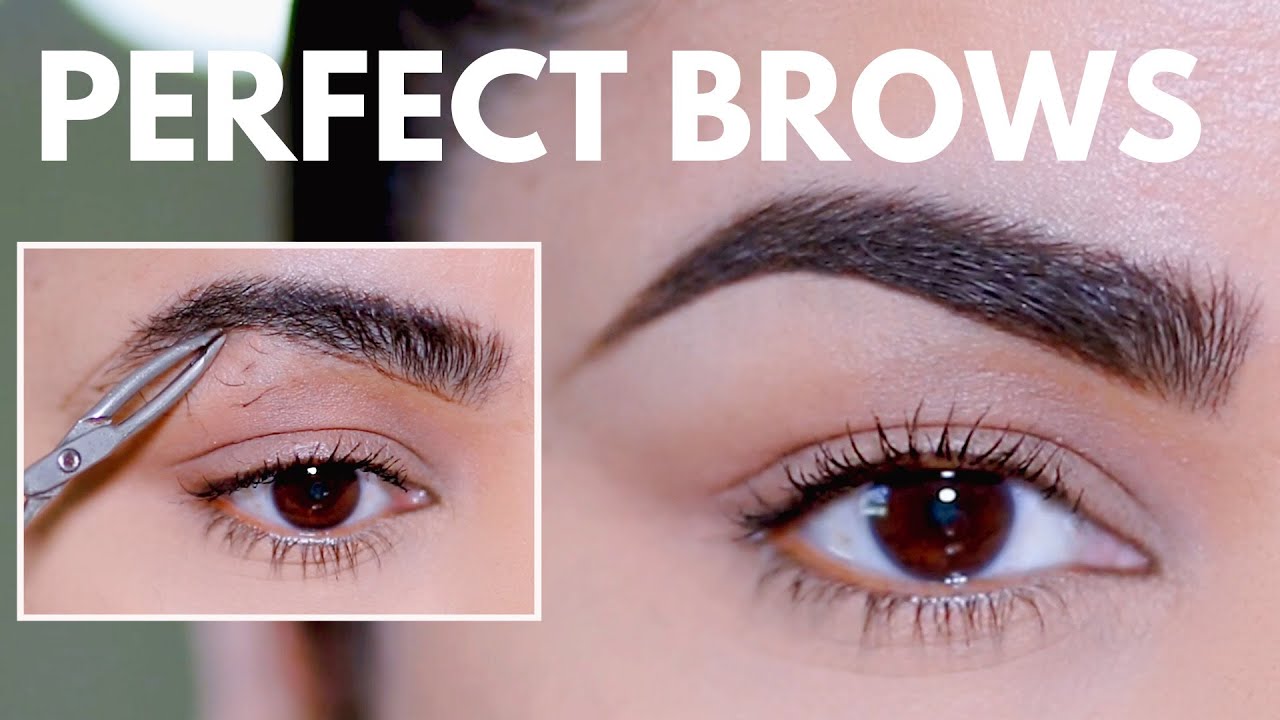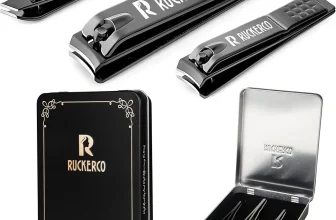How to Properly Wear Contact Lenses: Expert Tips

Wearing contact lenses can change how you see the world. They offer a clear view without the hassle of glasses.
For many, contact lenses provide freedom and comfort. Yet, wearing them correctly is crucial for eye health. Improper use can lead to discomfort, irritation, or infections. Understanding how to put them in and take them out safely is important. You also need to know how to care for them to keep your eyes healthy.
This guide will explore essential tips for wearing contact lenses properly. By following these tips, you can enjoy the benefits of clear vision while keeping your eyes safe and comfortable. Let’s dive into the best practices for using your contact lenses.

Credit: www.wikihow.com
Introduction To Contact Lenses
Contact lenses have a long history. They were first made in the 1800s. A man named F.A. Muller created the first lenses. They were made of glass and were very thick.
Today, there are many types of contact lenses. Some are soft, while others are hard. Soft lenses are comfortable and easy to wear. Hard lenses last longer but may feel strange at first.
| Type of Lens | Description |
|---|---|
| Soft Lenses | Comfortable and flexible. Good for daily use. |
| Hard Lenses | Durable and long-lasting. Takes time to adjust. |
| Daily Disposable | New lenses every day. No need to clean. |
| Extended Wear | Can be worn overnight. Needs careful cleaning. |

Credit: 2020tulsa.com
Preparation For First-time Users
Start with an initial eye exam. This helps check your eye health. An eye doctor will see if you can wear contact lenses. They will measure your eyes too. This is very important.
Choosing the right type of lens is key. There are many options. Soft lenses are popular. They are comfortable and easy to use. Rigid gas permeable lenses are also good. They last longer but may take time to get used to.
Discuss your needs with the doctor. Tell them about your lifestyle. Do you play sports? Do you work long hours? This will help them suggest the best lenses for you.
Hygiene And Contact Lens Care
Clean hands are very important for wearing contact lenses. Always wash your hands before touching your lenses. Use warm water and soap. Rub your hands for at least 20 seconds. Rinse and dry with a clean towel. Avoid using a towel that may have lint.
Proper cleaning keeps your lenses safe. Always use the right solution. Never use water or saliva to clean them. Store your lenses in a clean case. Change the case every three months. This helps avoid germs and infections.
| Task | Frequency |
|---|---|
| Wash hands | Before every use |
| Change lens solution | Daily |
| Replace lens case | Every 3 months |
Wearing Contact Lenses Correctly
To insert contact lenses, wash your hands first. Dry them with a clean towel. Take the lens from its case. Place it on your fingertip.
Check if the lens is inside out. The edges should curve up. Look straight ahead and pull down your lower eyelid. Use your other hand to lift your upper eyelid.
Gently place the lens on your eye. Blink a few times. This helps the lens sit correctly.
For removal, wash your hands again. Look up and pull down your lower eyelid. Pinch the lens gently with your fingers. Remove it carefully.
Always store lenses in the right solution. This keeps them clean and safe. Never share lenses with anyone.
Troubleshooting Common Issues
Dry eyes can be a common problem. Here are some simple remedies.
- Use artificial tears. They help add moisture.
- Take breaks from screens. This helps reduce strain.
- Stay hydrated. Drink plenty of water each day.
- Check the humidity. Use a humidifier if needed.
Managing irritation is important too. Here are some tips:
- Always wash hands before handling lenses.
- Replace lenses as directed. Do not wear them too long.
- Avoid touching your eyes with dirty hands.
- Do not sleep with your contact lenses on.
:max_bytes(150000):strip_icc()/how-to-put-in-contacts-5090693-FINAL-70e5a145c6ef4224acb4ae0b8214d2c0.jpg)
Credit: www.verywellhealth.com
When To Replace Your Lenses
Replace your contact lenses every month. This keeps your eyes healthy. Signs of wear include cracks or tears. Lenses may feel uncomfortable or blurry.
Look for changes in color. If they become cloudy, it’s time to replace them. Check the expiration date on the box. Old lenses can harm your eyes.
| Type of Lens | Replacement Schedule |
|---|---|
| Daily Lenses | Every day |
| Weekly Lenses | Every week |
| Monthly Lenses | Every month |
Advanced Contact Lens Tips
Using rewetting drops can help keep your lenses comfortable. These drops add moisture to your eyes. They reduce dryness and irritation. Use them as needed throughout the day.
Always check the expiration date on the drops. Expired drops can harm your eyes. Keep the drops clean and sealed. This helps prevent germs.
Traveling with lenses requires some planning. Carry a lens case and solution. This keeps your lenses safe and clean. Always bring extra pairs of lenses. You never know when you might need them.
Keep a small pack of rewetting drops in your bag. This helps if your eyes feel dry. Remember to wash your hands before touching your lenses. Clean hands prevent infections.
Eye Health And Regular Check-ups
Regular eye exams are very important for your eye health. They help find problems early. Eye doctors check for infections and other issues. Early detection can prevent serious damage.
Infections can happen if contact lenses are not used correctly. Signs of infection include redness, pain, and blurry vision. If you notice these signs, see a doctor right away.
Taking care of your eyes is vital. Regular check-ups ensure your lenses fit well. They also help keep your vision clear and healthy.
Frequently Asked Questions
How Do I Clean My Contact Lenses Properly?
Cleaning your contact lenses is essential for eye health. First, wash your hands thoroughly with soap. Then, use a recommended contact lens solution to clean each lens. Avoid using water or saliva. Always store lenses in a clean case and replace the solution daily to prevent bacteria growth.
Can I Sleep With My Contact Lenses On?
Sleeping with contact lenses can lead to serious eye issues. It increases the risk of infections and reduces oxygen supply to your eyes. Always consult your eye care professional for guidance. If you need extended wear lenses, ensure they are designed for overnight use to minimize risks.
How Often Should I Replace My Contact Lenses?
The replacement schedule for contact lenses depends on the type. Daily disposables should be discarded after one use. Bi-weekly or monthly lenses should be replaced according to the prescribed schedule. Regular replacement helps prevent discomfort and reduces the risk of eye infections.
What Should I Do If My Lenses Feel Uncomfortable?
If your contact lenses feel uncomfortable, first remove them immediately. Check for any debris or dryness that may be causing irritation. Rinse the lenses with the appropriate solution. If discomfort persists, consult your eye care professional to assess the fit and health of your eyes.
Conclusion
Wearing contact lenses correctly is essential for comfort and eye health. Always wash your hands before handling lenses. Follow the instructions from your eye doctor. Replace your lenses as recommended. Store them properly in clean solution. Avoid wearing them too long.
Regular check-ups keep your eyes safe. Remember, healthy eyes lead to clear vision. Take care of your lenses for the best experience. Enjoy the freedom contacts provide. Stay informed and follow these tips for great results. Your eyes deserve the best care.







